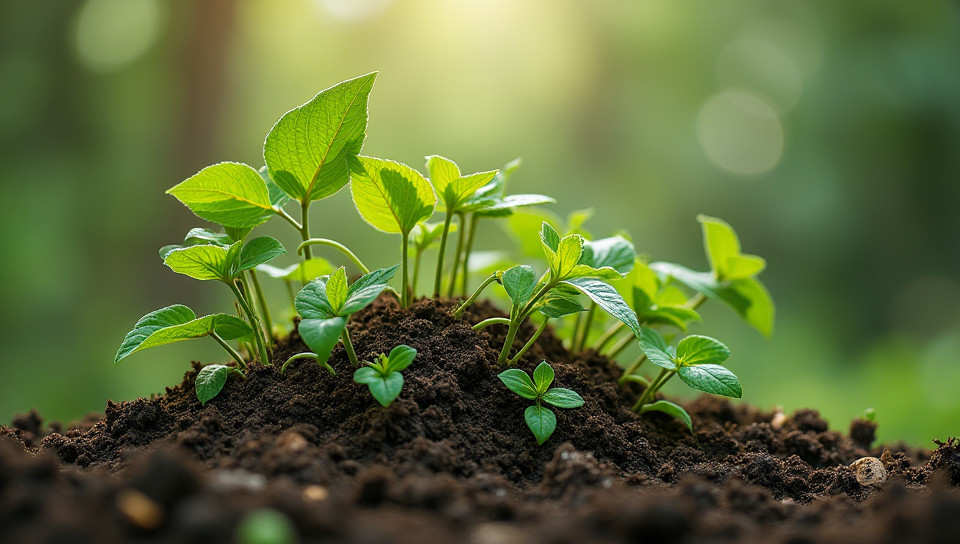Organic waste can be converted into electricity easily always 56%

Revolutionizing Waste Management: Converting Organic Waste into Electricity
As we continue to urbanize and industrialize, our waste management systems are struggling to keep up. The sheer volume of organic waste generated daily is staggering, with a significant portion ending up in landfills where it rots and contributes to greenhouse gas emissions. However, what if I told you that this waste can be converted into a valuable resource – electricity?
Understanding the Potential
Organic waste, including food scraps, agricultural byproducts, and sewage sludge, is rich in nutrients and energy potential. With the right technology and infrastructure, it's possible to harness this energy and generate electricity.
The Science Behind Organic Waste-to-Energy Conversion
Organic waste can be converted into electricity through various methods, including:
- Anaerobic digestion: a process where microorganisms break down organic matter in the absence of oxygen, producing biogas (a mixture of methane and carbon dioxide)
- Gasification: a process where organic matter is heated in the absence of oxygen, producing synthesis gas (a mixture of hydrogen, carbon monoxide, and other gases)
- Combustion: a process where organic matter is burned to produce heat or electricity
Benefits of Organic Waste-to-Energy Conversion
Converting organic waste into electricity offers numerous benefits, including:
- Reduced greenhouse gas emissions
- Decreased dependence on fossil fuels
- Creation of renewable energy sources
- Potential for job creation and economic growth
- Improved public health through reduced odor and pest issues associated with landfills
Overcoming Challenges and Implementing Solutions
While converting organic waste into electricity is a promising solution, there are several challenges to overcome. These include:
- High upfront costs for infrastructure and technology
- Limited public awareness and education on the benefits of waste-to-energy conversion
- Regulatory frameworks that may hinder implementation
- Public acceptance and concerns about aesthetics and odor
The Future of Organic Waste Management
The future of organic waste management is bright, with many countries and companies already investing in waste-to-energy technologies. As we move forward, it's essential to address the challenges and implement solutions that prioritize sustainability, public health, and economic growth.
Conclusion
Converting organic waste into electricity is a game-changer for our planet's future. By harnessing the energy potential of waste, we can reduce greenhouse gas emissions, decrease dependence on fossil fuels, and create renewable energy sources. It's time to revolutionize our approach to waste management and unlock the full potential of this valuable resource.
- Created by: Yǔxuān Luó
- Created at: Aug. 17, 2024, 10:13 p.m.
- ID: 7603





